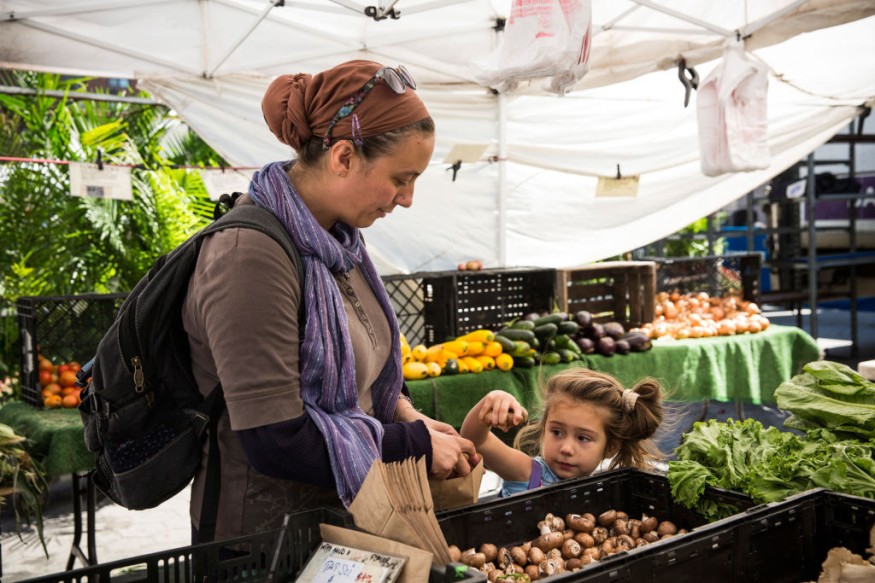SNAP Benefits 2022: Can You Use Your EBT Card to Buy Roasted Chicken, Pizza?

SNAP benefits, also known as Supplemental Nutrition Assistance Program benefits, is a program that provides food budget to low-income families.
Go Banking Rates reported that 41.5 million Americans receive SNAP benefits with an average payment of $217.33 per person, according to the latest available data.
The benefits cover a wide variety of food items such as fruits, vegetables, meat, poultry, fish, dairy products, bread, cereals, snack foods and other nonalcoholic beverages.
However, there are other items not covered by the SNAP benefits.
SNAP Benefits Food
Most edible items that one would commonly purchase at the supermarket qualify, including fruits and vegetables, which can be fresh, frozen or canned.
Meat and poultry are also covered by the benefits-- be it fresh, frozen, or canned, according to a National Council on Aging website.
Fresh and shelf-stable dairy is also included, with bread and cereal.
There are allowable dairy substitutes such as soy and oat milk. Gluten-free pasta also qualifies under bread and cereal.
However, recipients cannot use SNAP benefits for food that is hot at the point of sale, even if you are in a grocery store.
The program only covers "foods intended for home preparation and consumption," which eliminates items such as rotisserie chicken, pre-cooked pizza slices, soup, or chili from the prepared food bar.
Coffee or tea from a cafe is not also available. Cool sandwiches, salads and other deli items, however, do qualify for SNAP purchase if recipients will be taking the food items to eat.
Recipients can buy things such as spices, oils and sweeteners using their SNAP benefits.
Powdered, dried, or extracted spices and seasonings are also covered by SNAP benefits.
Honey, maple syrup, cane sugar, and other natural or artificial sweeteners can also be bought.
Snacks such as potato chips, pretzels, popcorn, and other snacks are covered by SNAP benefits.
Desserts such as baked goods, cake and brownie mixes, and ice creams can also be bought using SNAP benefits.
Beer, wine, and liquor are exempted from the benefits, including cigarettes and tobacco.
Vitamins, medicines, and supplements are also not allowed, including pet foods, household supplies, and hygiene items.
SNAP Benefits 2022
Maximum allotments for a family of four have increased for the 48 contiguous states and D.C., Alaska, Hawaii, Guam, and the U.S. Virgin Islands.
The maximum allotment is $835 in the 48 states and D.C., while Alaska has a maximum allotment that ranges from $1,074 to $1,667, according to another Go Banking Rates report.
The maximum allotment in Hawaii is $1,573 while Guam offers a maximum allotment of $1,231.
The U.S. Virgin Islands distributes a maximum allotment of $1,074.
The senior's SNAP benefits increased to $204 per month with emergency allotments due to the pandemic.
Emergency allotments from each state are still in effect in most states. However, it will phase out as the public health emergency comes to an end.
This article is owned by Latin Post.
Written by: Mary Webber
WATCH: SNAP Food Program Gets Boost In Benefits - from NBC News
Subscribe to Latin Post!
Sign up for our free newsletter for the Latest coverage!
© 2025 Latin Post. All rights reserved. Do not reproduce without permission.















